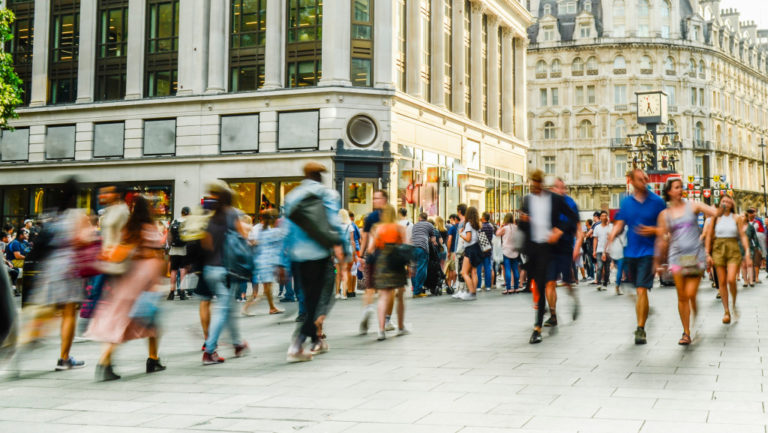COVID-19 has been disruptive in the daily lives of millions of people. Healthcare systems are exhausted around the world. The global economy has been struggling. Many have lost their livelihoods, and millions are still stuck in their homes, waiting for things to get better. Now, months after the first cities have been closed, many areas are slowly easing back into opening more stores and letting more people out of their homes.
However, until the current number of people infected is down to zero, there is a risk of a terrifying “second wave” if the right measures are not taken. If you’re living in a city that’s about to ease up on quarantine restrictions, here are a few to-dos that can keep you safe and ultimately stop this pandemic from further spreading.
Personal Protective Equipment
Even if there’s no active case nearby (that you know of), it’s best to wear a mask. As people and cities slowly return to the status quo, the interactions with others will also increase. Without a mask as the last line of defence, there is still a high risk of the virus spreading. There are PPE online stores that offer masks; make sure to buy only what you need.
Social Distancing
According to CNet, establishments that will open and allow people inside, like restaurants, are likely to impose social distancing measures for their clients. It will be a trend for a while until there is a certainty that the pandemic has subsided. For your own safety, you should also follow these measures even if they are not strictly reinforced. In public transportation, for example, making sure you are at least two metres apart from others will significantly reduce risk.
Detailed Day Plans
Another effective way to reduce risk is to plan out your day with as much detail as you can. Doing this is good for two things: 1) your days will be more efficient, and these plans will ensure you don’t do anything or go anywhere you don’t need to. 2) You can track all the places you visit and even the people you meet. In case the unfortunate happens, contact tracing will be more manageable for the authorities. Also, list down the people you interact with unintentionally, even if you didn’t have physical contact.
Hygiene Maintenance

The coronavirus can live on surfaces for some time. Even if you know you didn’t have physical contact with anyone, it’s still important to wash your hands as often as you can outside and as well as you can. There are a lot of objects people touch without noticing it, like table surfaces, door handles, and so on. Don’t take the chance and wash your hands regularly.
You should also be conscious about touching your face. According to the BBC, humans are among a select few animal species that touch their faces regularly, even without being aware of it. But conscious effort to prevent it will lessen the likelihood of you doing it.
For this pandemic to be addressed and the world to adapt to a new norm is if people take care. These next few weeks will be critical in preventing further spread.

